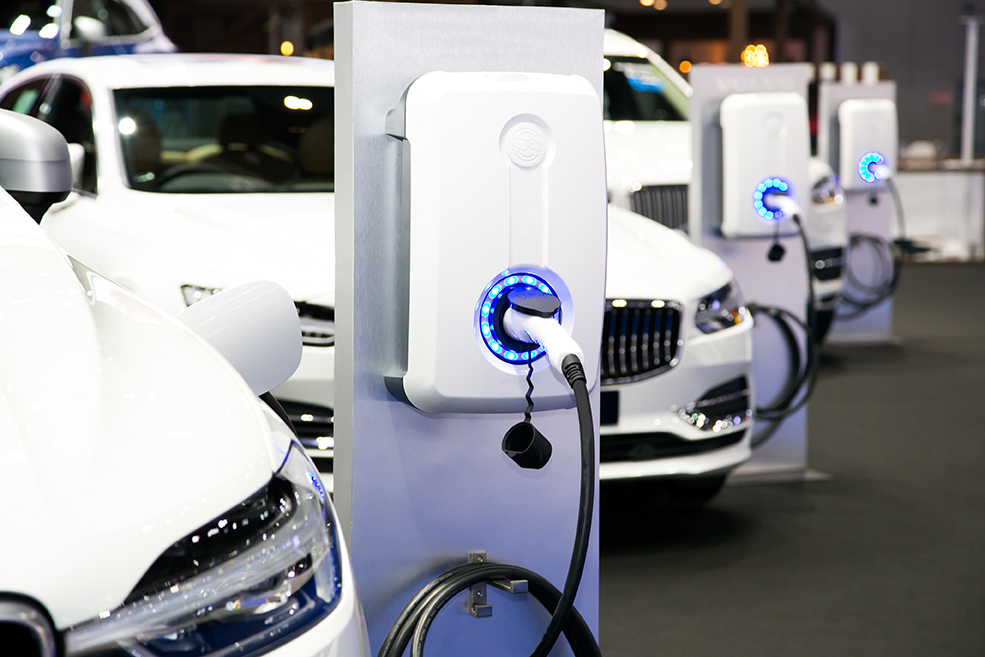The age of the electric vehicle will bring a mighty drop in tax income that Britain so desperately needs. Where are we going to replace it?
Electric vehicles are a wonderful thing. There’s no one, except classic car enthusiasts or people that own petrol stations, that disagree. That being said, there’s no doubt that there are a couple of creases that need to be ironed out.
After a brief mention of EVs, the first word out of everyone’s mouth is ‘infrastructure’. It’s become a buzzword for the difficulties of electrifying the UK’s cars on a tight deadline.
Something else needs serious attention. And it’s far more crucial to the fabric of our society than charging ports, and much more likely to upset people… Tax.
The phasing out of petrol and diesel cars by 2030 will leave the treasury with a road tax and fuel tax black hole to the tune of £40bn. The Office for Budget Responsibility estimated that fuel duties alone generated on average in 2019-2020 around £1,000 per household in tax for the government. Not exactly a small amount for a country suffering badly from the pandemic and Brexit.
Plan Insurance can accommodate your Motor Fleet Insurance needs, We also offer innovative Pay Per Mile Insurance options. Just fill in our short online quote form, and our professional brokers will be in contact to arrange your insurance.
How to plug the black hole that the end of the ICE car leaves behind?
A couple of ideas have been floated, like charging motorists for each mile they drive. Naturally, this has been unpopular. The AA has instead proposed that motorists should be able to drive 3,000 to 4,000 miles for free before having to start paying.
In 2003, London was the first country in Europe to introduce a congestion charge. Battery electric and hydrogen cars are currently exempt from the charge, but are going to start paying it from Christmas 2025.
The government needs to strike a delicate balance while we transition to EVs. If EVs are made financially attractive, with grants and tax breaks, then people won’t have to be dragged kicking and screaming to electric vehicles. Encouraging the nation to make the transition no doubt remains the preference of the powers that be.
However, with a serious black hole in the treasury’s coffers, the lost revenue will need to be replaced somehow.
Reaching Net Zero without being in the red
The treasury released an interim review for the Net Zero goal for 2030. Many in the environmentalist community were taken aback by the seriousness with which the report spoke about the dangers of greenhouse gases
Doug Parr from Greenpeace told BBC News that the Treasury should save money by getting rid of the £27bn roads program and the £100bn HS2 rail line. The logic being that they will cost billions (more than is being lost from road taxes) and will serve to increase emissions.
Another idea outlined in the Net Zero report is emissions based taxes. They would directly increase the cost of using greenhouse gases by taxing carbon-intensive products or services. This could either act as a deterrent for non-green commercial behaviour or a way to create a sustainable form of tax income. With many of the products and processes essential to our current daily lives, it would most likely act as both. However it is a high risk strategy in the current economic climate, one that could tip many struggling businesses over the edge.
Many businesses out of necessity will remain based around carbon-intensive activities and will have to pass the price for this onto consumers. The potential effect this would have on the economy and the government’s popularity is likely to be unpalatable for the Chancellor.
How does the rest of the world taxed electric vehicles?
Norway is Europe’s most advanced EV market, Norway has transitioned from road tax to a ‘motor insurance tax’. There is currently a daily charge (€0.56) for electric cars, instead of giving electric car users a zero rating for road tax.
Singapore is planning to move to an innovative satellite-based technology that will charge drivers according to the road they are using, traffic speeds and levels of congestion. This is the most flexible option, and likely more favourable to the UK public as costs are decided based on individual journeys.
The opposite of Singapore’s tax strategy is Swedens. Tolls vary throughout the day, from €1.5 at off-peak times to an incredible €45 during rush hours. Not only that, but drivers pay each time they pass in or out of the city.
Whether British drivers will take kindly to a system such as this remains to be seen, but with an absence of road and fuel tax, they might be more receptive?


